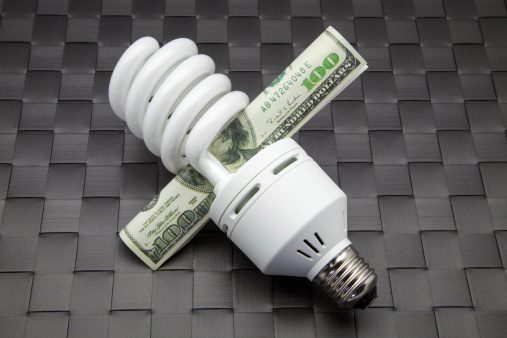Safety Tips for Winter Walking
Winter walking means icy sidewalks, snowy paths, bulky clothes, bulky shoes, and more. There are several steps that you can take to enjoy a safe winter season.
- Avoid distractions from your phone and other hand held devices. Be sure that you aware of your surroundings.
- Avoid shortcuts and snow covered paths. Always aim for cleared sidewalks and walkways.
- Use caution when stepping from one level to another. Especially on stairs!
- Wear non-slip boots or footwear.
- Take small steps and take your time. Rushing will only put you in danger for a possible accident.
- Use handrails and guiderails when available.
- Maintain three points of contact whenever possible.
- Distribute weight of bags evenly for balance and keep hands out of pockets in case you need to catch yourself.
The winter season on Long Island can bring many different types of weather. Make sure you know how to stay safe when commuting in them. Taking these small steps now could save you a trip to the doctor in the future.
How do you plan to stay safe this winter season?







